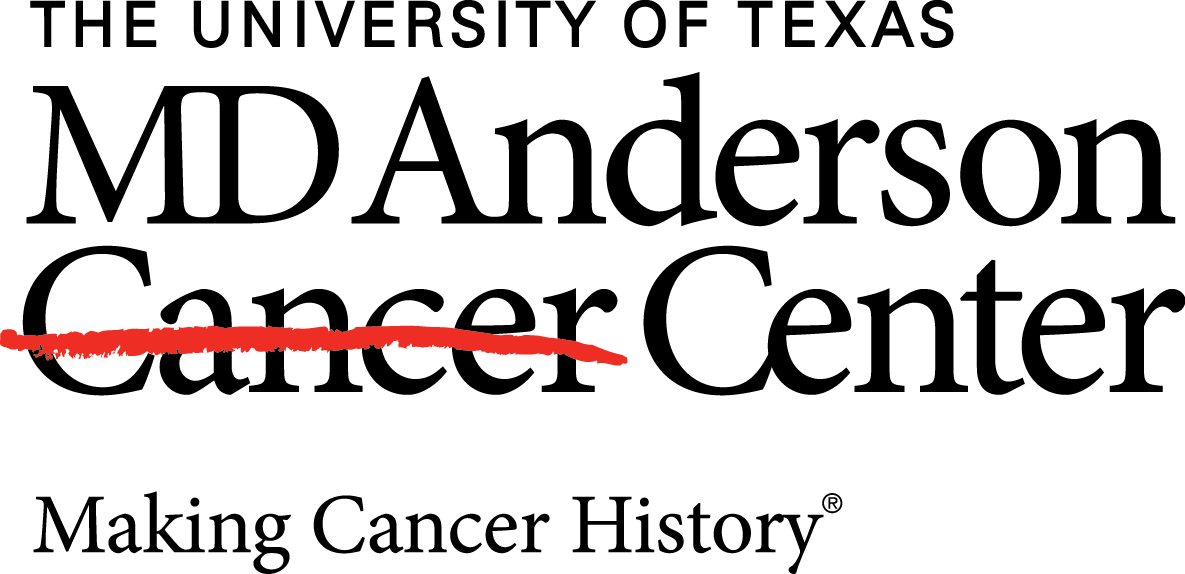
Novel Immunotherapy Combination Shows Promise in Metastatic Melanoma

A novel regimen of relatlimab, an LAG-3 inhibitor, plus nivolumab doubled progression-free survival in patients with untreated, advanced melanoma.
The combination of the immune checkpoint inhibitors relatlimab and nivolumab (Opdivo) demonstrated safety and efficacy as a treatment for patients with untreated, advanced melanoma, according to results of the RELATIVITY-047 trial (NCT03470922) that were published in the New England Journal of Medicine.1 Moreover, the data indicate that lymphocyte-activation gene (LAG-3) inhibition with relatlimab may represent a third therapeutically relevant immune checkpoint pathway.1
Findings from the double-blind, international, phase 2/3 RELATIVITY-047 trial revealed that patients who received the combination achieved a median progression-free survival (PFS) of 10.1 months (95% CI, 6.4-15.7) compared with a median PFS of 4.6 months (95% CI, 3.4-5.6) among patients who received nivolumab as monotherapy (HR, 0.75; 95% CI, 0.62-0.92; P = .006).
At a 12-month follow-up, the PFS between cohorts was 47.7% (95% CI, 41.8-53.2) among combination recipients compared with 36.0% (95% CI, 30.5-41.6) among those on nivolumab alone. Results were consistent across pre-defined subgroups, such as BRAF status, tumor stage, and lactate dehydrogenase (LDH) levels, as well as LAG-3 and PD-1 expression.
LAG-3 is an immune checkpoint inhibitor located on the surface of T cells. Along with PD-1, this immune checkpoint is frequently upregulated in patients with melanoma. The findings from this study symbolize the first phase 2/3 trial to examine this immune checkpoint inhibitor.
“The results from this global effort advance the field of immunotherapy by establishing a third class of immune checkpoint inhibitors through the LAG-3 pathway and have the potential to be practice-changing,” lead study author Hussein Tawbi, MD, PhD, professor of melanoma medical oncology, of The University of Texas MD Anderson Cancer Center, said in a news release.2 “We’ve seen historic developments in melanoma treatment over the last decade with the combination of PD-1 and CTLA-4 inhibitors, which work well but also carry substantial toxicity. This study represents a significant and long-awaited next step toward providing patients with effective and safer treatment options.”
RELATIVITY-047 enrolled a total of 714 patients with untreated, unresectable stage III or IV melanoma between May 2018 and December 2020. Participants were enrolled from over 111 international sites and randomized to receive either the combination or nivolumab alone once every 4 weeks.
A small percentage of patients (8.4%) had received prior neoadjuvant or adjuvant therapy prior to recurrence or had received interferon in the 6 weeks prior to randomization. In addition, 96% of participants were White, 41.7% were female, and the median age was 63 years (range, 20-94).
The median follow-up at the data cutoff point (March 9, 2021) was 13.2 months. At this follow-up, 470 patients overall reported treatment discontinuation (65.8%), the most cited reason being disease progression. In the combination arm, the rate of progression was 33.6% compared with 46.0% in the monotherapy arm.
Regarding safety, no new safety signals were detected. However, 18.9% of patients receiving the combination regimen reported grade 3 or 4 treatment-related adverse events (AEs) compared with 9.7% among those receiving nivolumab. Increased levels of pancreatic and liver enzymes, as well as fatigue, were the most cited severe AEs. There were also 3 reported deaths in the experimental arm and 2 deaths in the monotherapy arm, which were all determined to be treatment related.
Patients also reported immune-related AEs, including hypothyroidism/thyroiditis, rash, and colitis. Health-related quality of life was reported to be similar between the 2 groups.
“We now have evidence of a clear benefit for combination therapy compared to single-agent PD-1 inhibitors, and we’re looking forward to seeing response and overall survival data,” Tawbi concluded. “We’re also thinking about the populations that were excluded from this trial, including those with untreated brain metastases and uveal melanoma, so that all patients can have a chance to take advantage of the progress we are making against melanoma.”
References
- Tawbi HA, Schadendorf D, Lipson EJ, et al. Relatlimab and nivolumab versus nivolumab in untreated advanced melanoma. N Engl J Med. 2022;386(1):24-34. doi: 10.1056/NEJMoa2109970
- Relatlimab plus nivolumab improves progression-free survival in metastatic melanoma. The University of Texas MD Anderson Cancer Center. News release. January 5, 2021. Accessed January 6, 2021. https://bit.ly/3q0xjX9
Newsletter
Knowledge is power. Don’t miss the most recent breakthroughs in cancer care.




